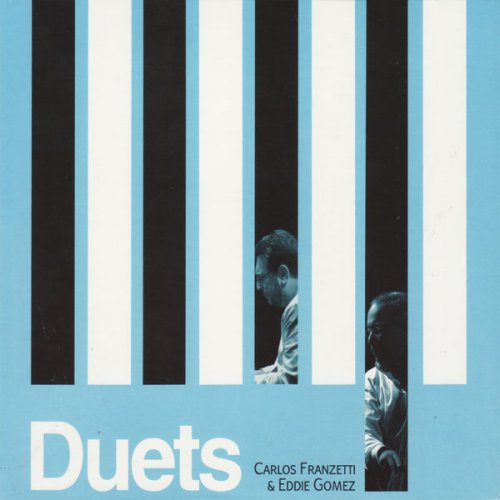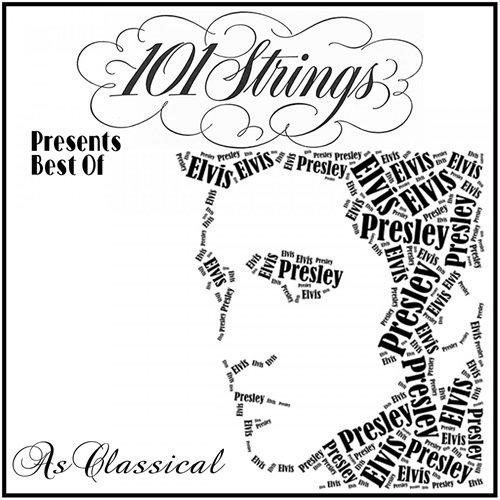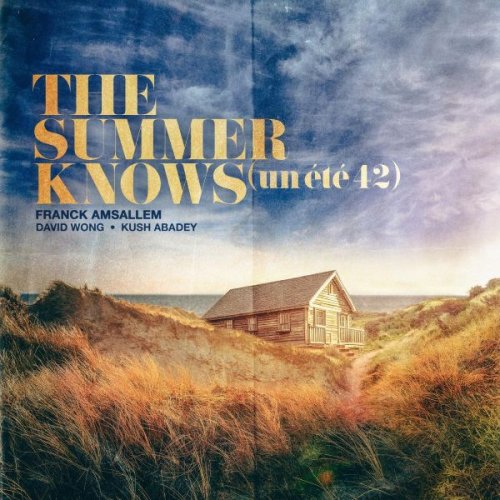Emy Jackson - The Emy Jackson Album (Japan Edition) (1966/1996)
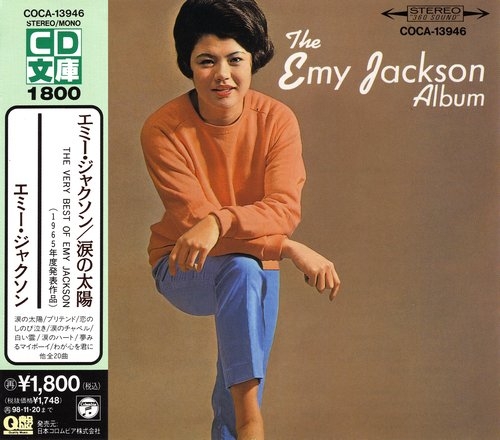
Artist: Emy Jackson
Title: The Emy Jackson Album (Japan Edition)
Year Of Release: 1966/1996
Label: Nippon Columbia
Genre: Beat, Surf, Garage Rock
Quality: Mp3 320 / Flac (tracks, .cue, log)
Total Time: 51:38
Total Size: 140/333 Mb (scans)
WebSite: Album Preview
Tracklist:Title: The Emy Jackson Album (Japan Edition)
Year Of Release: 1966/1996
Label: Nippon Columbia
Genre: Beat, Surf, Garage Rock
Quality: Mp3 320 / Flac (tracks, .cue, log)
Total Time: 51:38
Total Size: 140/333 Mb (scans)
WebSite: Album Preview
01. Crying in a Storm (2:47)
02. Pretend (2:54)
03. I Gave All My Love to You (3:30)
04. Crying in a Chapel (2:19)
05. Little White Clouds That Cried (2:48)
06. Don't Break My Heart (2:26)
07. Say Yes My Boy (2:28)
08. If I Gave My Heart to You (2:23)
09. Tears A Go Go (2:44)
10. I Went to Your Wedding (2:02)
11. Frankie (2:02)
12. Suddenly I'm Alone (2:52)
13. Blue Christmas (2:19)
14. I Saw Mammy Kissing Santa Claus (1:54)
15. You Don't Know Baby (2:49)
16. Heart Full of Tears (3:02)
17. Angel Fish (2:39)
18. Don't Say Good-Bye (2:44)
19. Love Is Crazy Sports Car (2:49)
20. One Way Kiss (2:07)
Emy Jackson (エミー・ジャクソン) was born in Essex, England as Emy Eaton. As a teenager in Yokohama she still couldn’t read Japanese well, but her ability to speak both English and Japanese fluently landed her a job as a youth DJ for the Good Hit Parade on Radio Kanto.
In her notes to the excellent compilation Nippon Girls: Japanese Pop, Beat & Bossa Nova 1966-1970 Sheila Burgel writes:
Her DJ career was cut short when her colleague Reiko Yukawa found Jackson singing “You Are My Sunshine” whilst strumming the guitar and sent word to A&R man Akira Izumi at Columbia Records. Akira insisted that Jackson break with the cover-pops tradition and tackle original songs written by Japanese songwriters in her native language of English.
Emy gives a strong vocal on “Crying in a Storm” (涙の太陽) backed by the aptly-named Smashmen. The heavy drumming and surf-styled guitar really help elevate this song.
This was her first 45, released in April 1965. Because she was singing in English, Columbia released Emy’s records on the CBS imprint, a label for foreign artists. As ‘imported’ music these cost more than 45s of Japanese-language pop, but the allure of a Japanese teen singing in English may have helped break her first single. “Crying in a Storm” reached #4 on the chart of foreign releases in Music Life in July ’65 (ミュージック・ライフ外国盤ランキング), and #6 on the Turn Table Top 50 on October 18.
Michi Aoyama (青山ミチ) covered the song with Japanese lyrics in May of ’65, leading to competition for sales. “Crying in a Storm” was also recorded by Singapore’s Rita Chao.
Most of her songs were composed by her vocal coach Yasutoshi Nakajima. “Crying in a Storm” was composed by Nakajima in collaboration with singer Reiko Yukawa. Sheila Burgel again: “Jackson claims to have helped Reiko write the English lyrics”.
Her initial recording career was very brief, consisting of eight singles released in 1965 and 1966, always with a ballad on one side and an uptempo pop song on the other.
“Don’t Break My Heart”, the B-side to her second single, has a similar surf guitar sound to “Crying in a Storm”, and was released in May of ’65, just a month after her first. Her third single had two Chirstmas songs including the awkwardly put “I Saw Mammy Kissing Santa Claus” (sic).
Emy Jackson CBS PS You Don't Know Baby, Heart Full of TearsHer next was a good return to form, with the uptempo “You Don’t Know Baby” from February of ’66 (and in mono for some reason instead of the more typical stereo). Because these songs were written and sung in English, CBS had to make up Japanese titles for the sleeves. They made some bizarre choices. One example is giving “You Don’t Know Baby” the Japanese title 涙のゴーゴー (Namida no Go Go) which translates to “Tears a Go Go” – which happens to be the name of the A-side of her fifth single.
Other highlights of her early releases include the excellent and odd pop number, “Angel Fish” and her only vocal in Japanese, “Love Is Crazy Sports Car” (天使のいたずら) from November of ’66, which was also her last release of the 60’s. This song is now one of the highlights of Big Beat’s Nippon Girls CD.
Emy retired from the music business by 1973. She sang on another 45 in 1984, “CRYヨコハマ” (Cry Yokohama) but didn’t return fully to music until the early 1990s. In 1994 her ’60s work was collected in an expanded 20 track version of her 1967 LP,The Emy Jackson Album. Emy is still performing in Japan, and released a new CD in 2009, Timeless.
I had the opportunity to interview Ms. Jackson in January 2010:
Q. Can you tell me about how you started in music?
Emy: The director of a radio program asked me if I could sing. I picked up my guitar and sang – that’s it. I had no intention of becoming a singer.
"Crying in a Storm" at #6 in Turn Table's Top 50
“Crying in a Storm” at #6 in Turn Table’s Top 50
Q. Who were the Smashmen (the band on “Crying in a Storm”)? In particular, do you remember the guitarist’s name?
Emy: There was no band called “Smashmen” – it was a ghost band to make my songs. The players were pick up musicians chosen by Columbia records through testing procedures. The back end chorus were the MGM boys from the Philippines. Regarding the guitarist – there were so many musicians involved, I couldn’t tell you.
Q. Did singing in English limit your career at all? Why were your records were released as imports in Japan?
Emy: Singing in English did not limit my career. To get my start, English was a requirement to satisfy the foreign element of my contract. At the time there were no more openings for local contracts. Therefore, it was the idea of Columbia Records to introduce me as a foreign singer. In actuality my records were made in Japan but marketed as foreign records.
Q. Any memorable live shows or stories?
Emy: I had a performance with the Ventures in Kyoto before they became famous. I had a live performance in Kyoto Budokan that was very memorable for me.
Q. I believe you retired from music for 20 years, is that correct? How did you decide to return, and how has it been since then?
Emy: I owned a restaurant and live coffee shop, Lugano, over 35 years in the Yokohama area. I got started again, singing at Lugano after raising my children. There were many offers, because of my background – I am the first pop star in Japan that sang in English that sold a million records. It had been very tough to make a comeback due to the changes in the entertainment industry. Now I have a band, the Cadillacs – we have been performing for over 20 years now. My priority to sing was country music, but could not make a living in Japan with only country. You need to sing a variety of music to make it in Japan. I am still enjoying my singing career.
-- Chris Bishop
In her notes to the excellent compilation Nippon Girls: Japanese Pop, Beat & Bossa Nova 1966-1970 Sheila Burgel writes:
Her DJ career was cut short when her colleague Reiko Yukawa found Jackson singing “You Are My Sunshine” whilst strumming the guitar and sent word to A&R man Akira Izumi at Columbia Records. Akira insisted that Jackson break with the cover-pops tradition and tackle original songs written by Japanese songwriters in her native language of English.
Emy gives a strong vocal on “Crying in a Storm” (涙の太陽) backed by the aptly-named Smashmen. The heavy drumming and surf-styled guitar really help elevate this song.
This was her first 45, released in April 1965. Because she was singing in English, Columbia released Emy’s records on the CBS imprint, a label for foreign artists. As ‘imported’ music these cost more than 45s of Japanese-language pop, but the allure of a Japanese teen singing in English may have helped break her first single. “Crying in a Storm” reached #4 on the chart of foreign releases in Music Life in July ’65 (ミュージック・ライフ外国盤ランキング), and #6 on the Turn Table Top 50 on October 18.
Michi Aoyama (青山ミチ) covered the song with Japanese lyrics in May of ’65, leading to competition for sales. “Crying in a Storm” was also recorded by Singapore’s Rita Chao.
Most of her songs were composed by her vocal coach Yasutoshi Nakajima. “Crying in a Storm” was composed by Nakajima in collaboration with singer Reiko Yukawa. Sheila Burgel again: “Jackson claims to have helped Reiko write the English lyrics”.
Her initial recording career was very brief, consisting of eight singles released in 1965 and 1966, always with a ballad on one side and an uptempo pop song on the other.
“Don’t Break My Heart”, the B-side to her second single, has a similar surf guitar sound to “Crying in a Storm”, and was released in May of ’65, just a month after her first. Her third single had two Chirstmas songs including the awkwardly put “I Saw Mammy Kissing Santa Claus” (sic).
Emy Jackson CBS PS You Don't Know Baby, Heart Full of TearsHer next was a good return to form, with the uptempo “You Don’t Know Baby” from February of ’66 (and in mono for some reason instead of the more typical stereo). Because these songs were written and sung in English, CBS had to make up Japanese titles for the sleeves. They made some bizarre choices. One example is giving “You Don’t Know Baby” the Japanese title 涙のゴーゴー (Namida no Go Go) which translates to “Tears a Go Go” – which happens to be the name of the A-side of her fifth single.
Other highlights of her early releases include the excellent and odd pop number, “Angel Fish” and her only vocal in Japanese, “Love Is Crazy Sports Car” (天使のいたずら) from November of ’66, which was also her last release of the 60’s. This song is now one of the highlights of Big Beat’s Nippon Girls CD.
Emy retired from the music business by 1973. She sang on another 45 in 1984, “CRYヨコハマ” (Cry Yokohama) but didn’t return fully to music until the early 1990s. In 1994 her ’60s work was collected in an expanded 20 track version of her 1967 LP,The Emy Jackson Album. Emy is still performing in Japan, and released a new CD in 2009, Timeless.
I had the opportunity to interview Ms. Jackson in January 2010:
Q. Can you tell me about how you started in music?
Emy: The director of a radio program asked me if I could sing. I picked up my guitar and sang – that’s it. I had no intention of becoming a singer.
"Crying in a Storm" at #6 in Turn Table's Top 50
“Crying in a Storm” at #6 in Turn Table’s Top 50
Q. Who were the Smashmen (the band on “Crying in a Storm”)? In particular, do you remember the guitarist’s name?
Emy: There was no band called “Smashmen” – it was a ghost band to make my songs. The players were pick up musicians chosen by Columbia records through testing procedures. The back end chorus were the MGM boys from the Philippines. Regarding the guitarist – there were so many musicians involved, I couldn’t tell you.
Q. Did singing in English limit your career at all? Why were your records were released as imports in Japan?
Emy: Singing in English did not limit my career. To get my start, English was a requirement to satisfy the foreign element of my contract. At the time there were no more openings for local contracts. Therefore, it was the idea of Columbia Records to introduce me as a foreign singer. In actuality my records were made in Japan but marketed as foreign records.
Q. Any memorable live shows or stories?
Emy: I had a performance with the Ventures in Kyoto before they became famous. I had a live performance in Kyoto Budokan that was very memorable for me.
Q. I believe you retired from music for 20 years, is that correct? How did you decide to return, and how has it been since then?
Emy: I owned a restaurant and live coffee shop, Lugano, over 35 years in the Yokohama area. I got started again, singing at Lugano after raising my children. There were many offers, because of my background – I am the first pop star in Japan that sang in English that sold a million records. It had been very tough to make a comeback due to the changes in the entertainment industry. Now I have a band, the Cadillacs – we have been performing for over 20 years now. My priority to sing was country music, but could not make a living in Japan with only country. You need to sing a variety of music to make it in Japan. I am still enjoying my singing career.
-- Chris Bishop

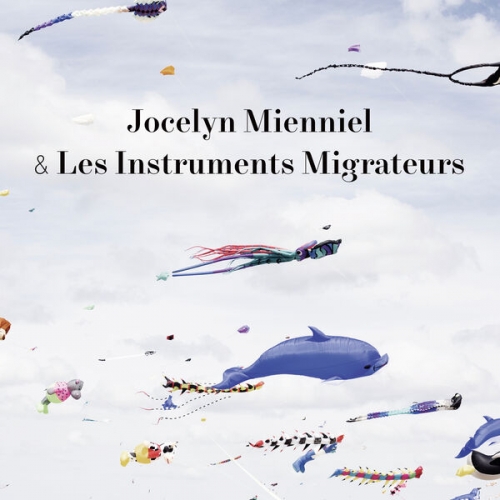
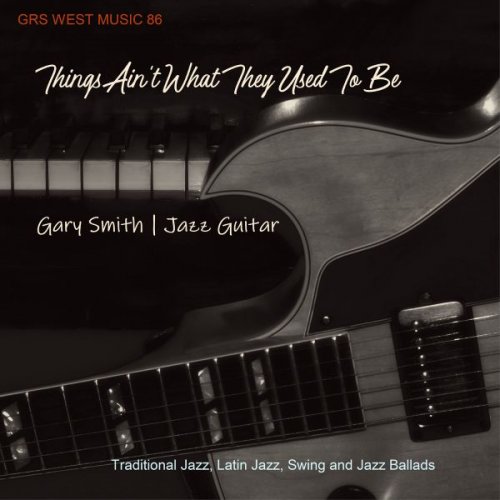

![Luca Dell'Anna - Shōjin (2026) [Hi-Res] Luca Dell'Anna - Shōjin (2026) [Hi-Res]](https://img.israbox.com/img/2026-01/25/lh36dq0f0sphvpgpax2rmrqec.jpg)
